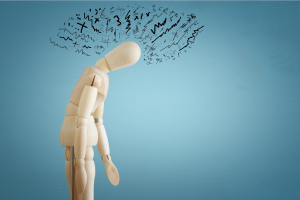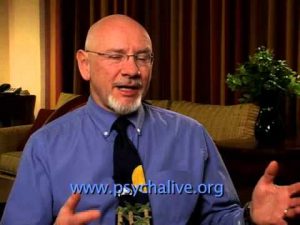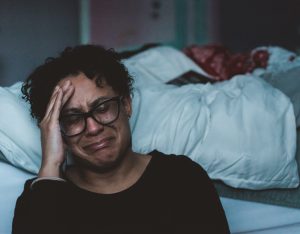VIDEO: Dr. Peter Levine on Sexual Abuse and Relational Trauma
Watch an excerpt from PsychAlive’s exclusive interview with Dr. Peter Levine.
Dr. Peter Levine talks about child sexual abuse and relational trauma.
Dr. Peter A. Levine: What makes it ultimately more complex and more difficult is often that the perpetrator is the parent or the family member. That’s much more common than a stranger. And so the person who is biologically supposed to protect us and to comfort us is the person that’s harming us. So that creates a tremendous conflict. And I believe it’s critical to work both with the child, of course, but also with the parent.
And even if the parent or family member wasn’t the abuser, they feel so much guilt and so much shame. Of course, the child feels so much shame. But one of the things, again, that works very well somatically — a lot we’re talking about touch. But a lot of times you don’t really touch, but we touch with our presence. We touch with our being.
I mean in therapy, you can’t really…I mean you certainly initially can’t really touch somebody who’s had that kind of trauma because the way they’ll interpret that is, you know, in the way of the trauma. So you’re really, in a sense, kind of adding to that confusion.
But it’s critical that they feel enough safety with you, the therapist, they must feel enough safety with you. And most therapists, I think, are fairly good at this. But what’s also necessary is that you help the person get tools right from the get-go, tools that they can use to regulate themselves, to let this, these energies, these sensations settle. And when they have those tools, they are not as dependent on the therapist.
Because very often, you know, the person will come to see the therapist and the therapist will be attentive, will really be present for them. And they’ll leave, feeling, “Oh my God, what a relief, somebody’s there for me.” But then when they’re at home or something happens, then they’re thrown back in the same chaos, the same despair, and they feel even more despair because they’re more dependent on the therapist. It’s difficult because when you’ve had such an experience with people you were dependent on, you certainly don’t want to be dependent.
But I think it’s a key in holding that balance. That, of course, they are dependent on us, to a degree, as therapists, because we know things they don’t, the way you’re dependent on a doctor. You hopefully can ask the doctor good questions and ask about this procedure versus that procedure, what are the pluses, what are the minuses. But you’re relying on somebody who has a body of knowledge that you don’t have. But at the same time, the person has this deep wisdom within them.
So if the therapist helps them connect to that, then they start feeling more empowered and they’re able to work more effectively. At least that’s my experience with the therapist because they can practice these things at home. They can gain their own strength, their own capacity in partnership with the therapist. So I see it very much as a partnership. Somebody told me that therapist – the root meaning of “therapist” is fellow traveler on the road — and I think that’s the essence of a productive therapeutic relationship.
But, you know, in our book, Healing Trauma, I think it’s called A Pioneering Program for Restoring the Wisdom of your Body I tried to really, again, explain – give them education, about what’s happening, why they might be feeling this way, the very nature of trauma, with both the text of the book and the CD to help guide them, so they could start to experience some of these things. Again, many people got help who weren’t seeing therapists. But when you have severe early trauma, there’s no getting around it — you need to have a competent therapist to work with. And even, or especially then, many of the clients were able to use these exercises and use my guiding of them through these exercises to develop more of their own capacity, of their own authentic autonomy. So working again with partnership, with partnership with the therapist. So as I say, in these last 20 years, I’ve put a lot of my focus on trying to make tools that people can use to support their own healing.
Tags: child abuse, expert interview, trauma, videoOne Comment
Leave a Reply
You must be logged in to post a comment.










So pleased I happened upon this page, really glad to have read this, I’m interested in seeing what other people have to say on the subject.